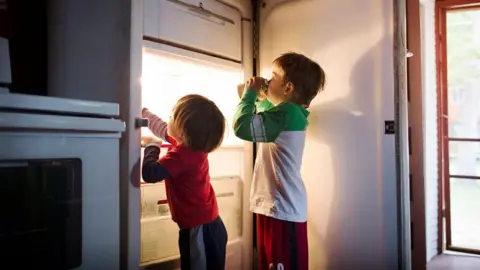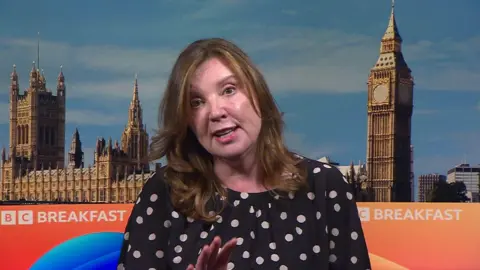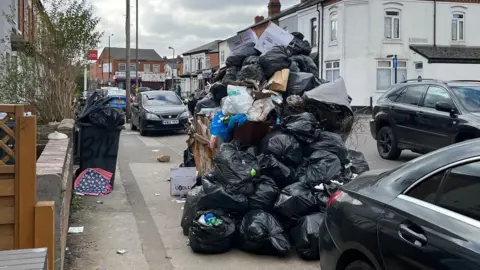Children Facing “Dickensian” Poverty in UK, Warns Children’s Commissioner
Children Living in “Dickensian” Poverty, Warns England’s Children’s Commissioner
England’s Children’s Commissioner, Dame Rachel de Souza, has painted a stark picture of childhood poverty in the UK, describing the conditions some children face as “Dickensian.” Her recent statements highlight a significant worsening of the situation, with children reporting extreme hardship, including living in homes with vermin, lacking basic hygiene facilities, and considering small luxuries like bacon an unattainable extravagance.

In an interview on BBC Breakfast, Dame Rachel expressed her dismay at the escalating crisis. “I have been doing this job for four years but I was shocked by how much worse things have got,” she stated. “It really is Dickensian and there are a huge number of children now who have dropped below what anyone of us would think is reasonable.”
The Commissioner recounted harrowing experiences shared by children, including one who felt deep shame because he couldn’t invite friends over due to rats biting his face at night. Another child’s family struggles so much with laundry that they rely on the school to wash their clothes, forcing the child to attend school in soiled garments. These accounts underscore a critical failure to provide even the most basic standards of living for vulnerable children.
Dame Rachel has strongly advocated for the government to scrap the two-child benefit cap. This policy, introduced in April 2017, prevents families from claiming most means-tested benefits for a third or subsequent child. She argues that lifting this cap is a crucial structural change that could immediately lift 500,000 children out of poverty, according to estimates from the Institute for Fiscal Studies.

The government, however, has been hesitant to commit to this change. While acknowledging the need to combat child poverty, the Education Secretary, Bridget Phillipson, suggested that recent government spending decisions, influenced by the cancellation of other benefit reforms, have made such measures more challenging. The government points to its £1 billion package aimed at improving crisis support, including funding for free school meals outside of term time, as evidence of its commitment.
A report commissioned by the government, detailing children’s experiences of poverty, is intended to inform the development of a new child poverty strategy. The government’s Child Poverty Taskforce is currently reviewing various policy options, including the contentious two-child benefit cap. With approximately 1.6 million children currently affected by this cap, its potential removal remains a significant point of debate.
Dame Rachel refuted the notion that parents have children primarily to access state benefits, emphasizing that “Nobody is choosing to have children so they can get money from the state. That is absolutely not what’s happening here.” She highlighted that many families rely on Universal Credit due to low wages and illness, not as a lifestyle choice.
The government spokesperson reiterated its commitment to tackling child poverty through measures such as expanding free breakfast clubs, investing in social housing, increasing the national minimum wage, and adjusting Universal Credit deduction rates. An ambitious strategy is promised for later this year, aiming to address the root causes of child poverty.


Post Comment